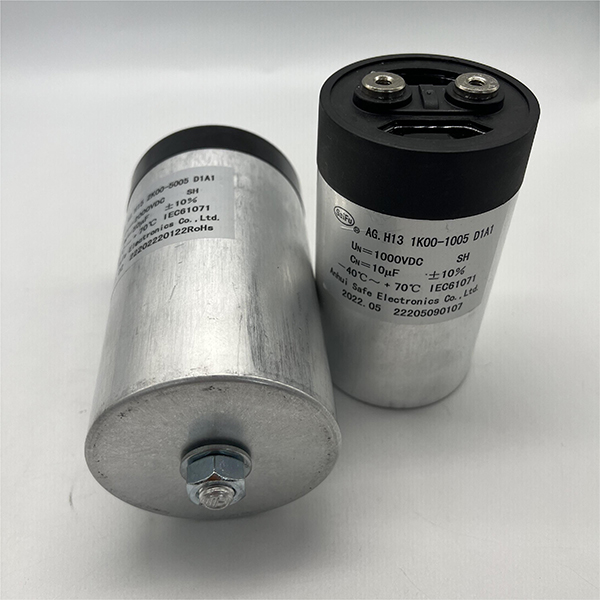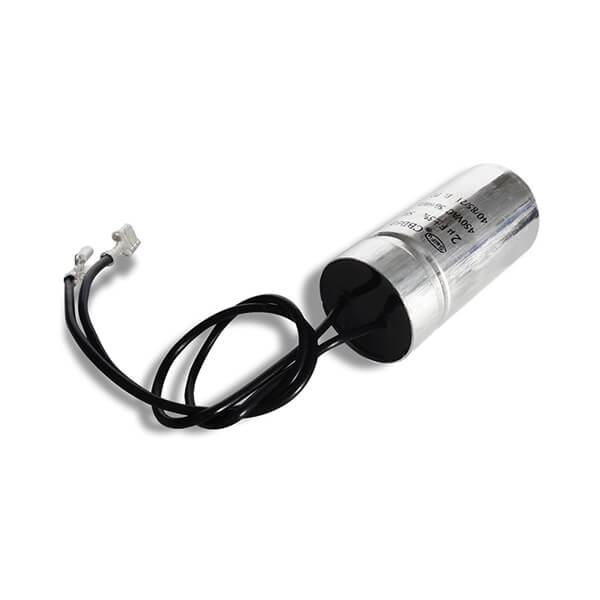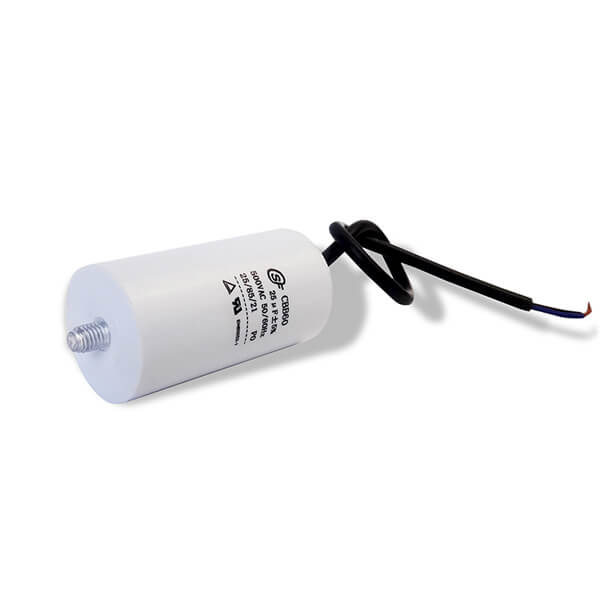The Role of a Medical Capacitor
A medical capacitor can reduce the ripple produced by switching regulators and absorb noise. It can also be used for post-regulation to improve the stability and transient response of devices. There should be no ripple noise or residual jitter in the power output. These circuits typically use a tantalum capacitor to reduce ripple, but a tantalum capacitor may experience unsafe transient phenomena due to the noise of the switching regulators.
The application of a medical capacitor is very extensive, and it plays a key role in ensuring the performance and stability of devices.
Applications of a Medical Capacitor
Power Filtering: A medical capacitor is used in the power design of medical electronic devices to filter high-frequency and low-frequency noise, ensuring the stability and purity of the power supply. This is crucial for medical devices that require high-precision power control.
Energy Storage: In some medical devices, a medical capacitor is used as an energy storage device to provide instantaneous large currents, such as in defibrillators or shock therapy devices.
Resonant Circuits: In the RF circuits of medical devices, a medical capacitor forms resonant circuits with an inductor to selectively transmit signals of specific frequencies while suppressing other frequencies.
Timing Circuits: In medical devices requiring precise time control, such as ECG machines or EEG machines, a medical capacitor is used to build timing circuits to ensure accurate signal acquisition and processing.
Switching Power Supplies: In medical electronic devices, switching power supplies are used to control and regulate power, and a medical capacitor plays a key role in this process, helping to achieve quick switching and stable output of the power supply.
Signal Coupling: In analog signal processing, a medical capacitor is used to couple signals, allowing AC signals to pass while blocking DC components, which is important for signal isolation and amplification.
Protection Circuits: In medical devices, a medical capacitor can also be used to protect circuits from voltage transients, such as absorbing voltage spikes at the power input.
Decoupling: In digital circuits, a medical capacitor is used for decoupling, reducing the interference of digital signals with analog circuits, ensuring the clarity and accuracy of signals.
Energy Conversion: In some medical devices requiring energy conversion, such as ultrasound devices, a medical capacitor is used to store and release energy to drive the generation of ultrasound.
Battery Backup: In some portable medical devices, a medical capacitor can act as an auxiliary power source for a battery, providing additional energy to ensure the devices can continue working for a period when the battery is depleted.
These applications demonstrate the versatility and importance of a medical capacitor in medical electronic devices. It is crucial for improving the performance, reliability, and safety of the devices.
 English
English  한국어
한국어  français
français  Español
Español  русский
русский  Türkçe
Türkçe  Pilipino
Pilipino  Polska
Polska  Malay
Malay  Indonesia
Indonesia 



